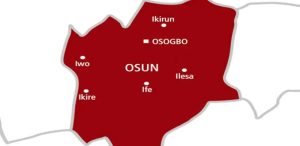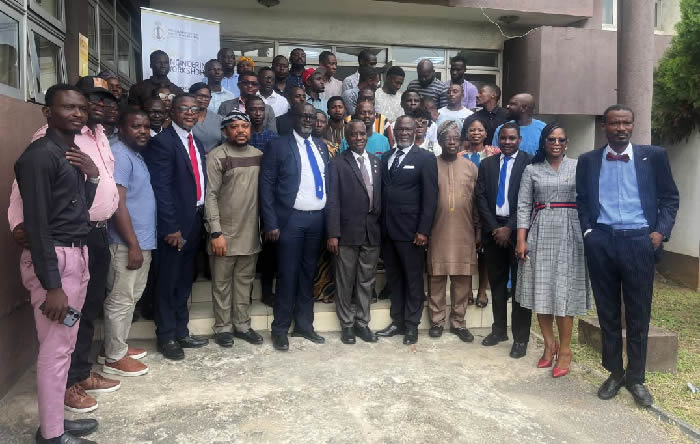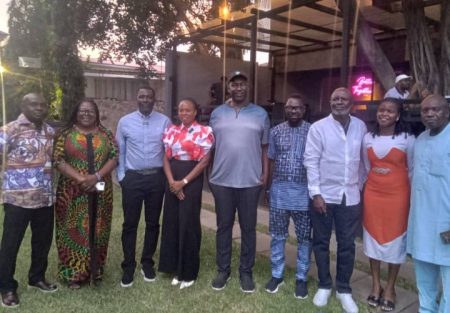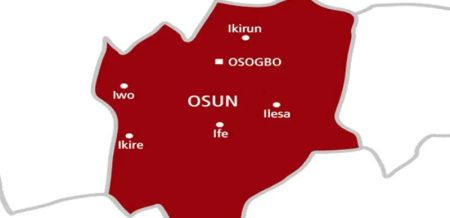The Nigerian Institute of Quantity Surveyors (NIQS) has expressed grave concerns about the pervasive use of the Building Engineering Measurement and Evaluation (BEME) document in construction projects across Nigeria. They argue that the BEME, often championed and utilized by engineers, is a breeding ground for corruption due to its lack of transparency and detail, effectively supplanting the globally recognized Bill of Quantities (BoQ). The NIQS contends that this substitution is not only detrimental to the quantity surveying profession but also significantly contributes to inflated project costs and undermines accountability in the construction sector. The core issue lies in the BEME’s ambiguity, using generic terms like “lots” to describe substantial portions of work, making it virtually impossible to scrutinize costs effectively. This opaque approach contrasts sharply with the meticulous itemization and quantification characteristic of a BoQ prepared by a quantity surveyor.
The NIQS asserts that the BEME’s inherent vagueness facilitates the manipulation of project costs. While a BoQ provides a detailed breakdown of every element, from substructure to finishing, the BEME obfuscates costs by bundling them into broad, undefined categories. This lack of specificity makes it difficult to ascertain whether quoted prices are justified, creating an environment ripe for overcharging and embezzlement. According to the NIQS, the BEME allows contractors to claim exorbitant sums for vaguely defined work, with little to no recourse for verification. The absence of detailed measurements and quantifications effectively shields these inflated costs from scrutiny, making it challenging to hold anyone accountable for financial discrepancies. The NIQS emphasizes that this lack of transparency ultimately hinders project oversight and fuels corruption within the construction industry.
The NIQS highlights the stark contrast between the BEME and the BoQ, emphasizing the BoQ’s meticulous approach to cost estimation. Quantity surveyors meticulously measure and quantify every aspect of a project, providing a transparent and verifiable cost breakdown. This detailed approach allows for accurate cost control and ensures that clients receive value for their money. The BoQ, unlike the BEME, facilitates accurate cost projections and minimizes the risk of financial mismanagement. Its transparency allows stakeholders to track expenses and identify potential discrepancies, promoting accountability and fiscal responsibility within construction projects. Furthermore, the NIQS points out that the use of provisional sums within a BoQ provides a mechanism for adjusting costs based on actual site conditions, leading to potential savings for the client.
The NIQS argues that the preference for BEME over BoQ within certain government agencies and private organizations is deliberate and serves to facilitate corrupt practices. They believe that the lack of transparency inherent in the BEME allows for financial manipulation and shields those involved from scrutiny. The NIQS posits that engineers, who often advocate for the use of BEME, resist the involvement of quantity surveyors precisely because their detailed and transparent approach threatens the status quo. The detailed nature of a BoQ, prepared by a quantity surveyor, exposes inflated costs and prevents the misappropriation of funds. The NIQS believes that this is the primary reason why some engineers resist the involvement of quantity surveyors in projects using BEME. By excluding quantity surveyors, proponents of BEME can maintain a system that lacks transparency and accountability, enabling them to manipulate project costs for personal gain.
The NIQS emphasizes the detrimental impact of excluding quantity surveyors from construction projects, arguing that their absence contributes to cost overruns, mismanagement, and abandoned projects. They believe that their specialized training in cost management and contract administration makes them uniquely qualified to ensure projects are completed on time and within budget. The NIQS highlights their meticulous approach to cost estimation, contract negotiation, and project oversight, emphasizing their commitment to transparency and accountability. They argue that their involvement in construction projects would lead to significant cost savings and improved project outcomes. They stress the importance of recognizing the crucial role quantity surveyors play in ensuring the efficient and effective use of resources in construction projects.
The NIQS underscores the urgent need for greater awareness and understanding of the quantity surveying profession and its crucial role in ensuring transparency and accountability in the construction industry. They advocate for the mandatory inclusion of quantity surveyors in all construction projects, arguing that their expertise is essential for preventing cost overruns, minimizing risks, and combating corruption. They believe that the widespread adoption of the BoQ, in lieu of the BEME, would significantly improve transparency and accountability within the construction sector. The NIQS calls for a paradigm shift in the industry, urging stakeholders to recognize the value and importance of quantity surveyors in promoting ethical and sustainable construction practices. They believe that embracing the expertise of quantity surveyors is crucial for fostering a more transparent, accountable, and efficient construction industry in Nigeria.














